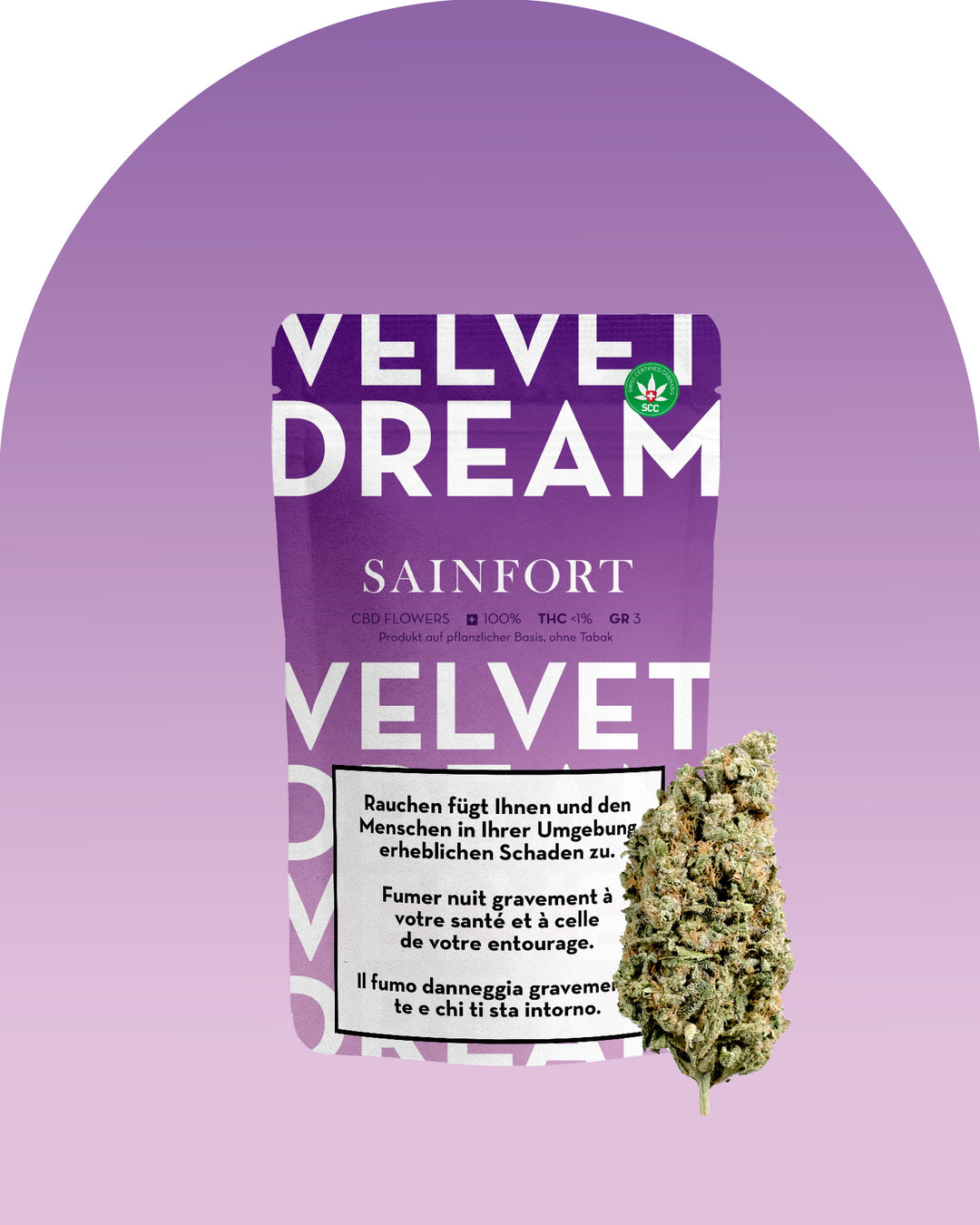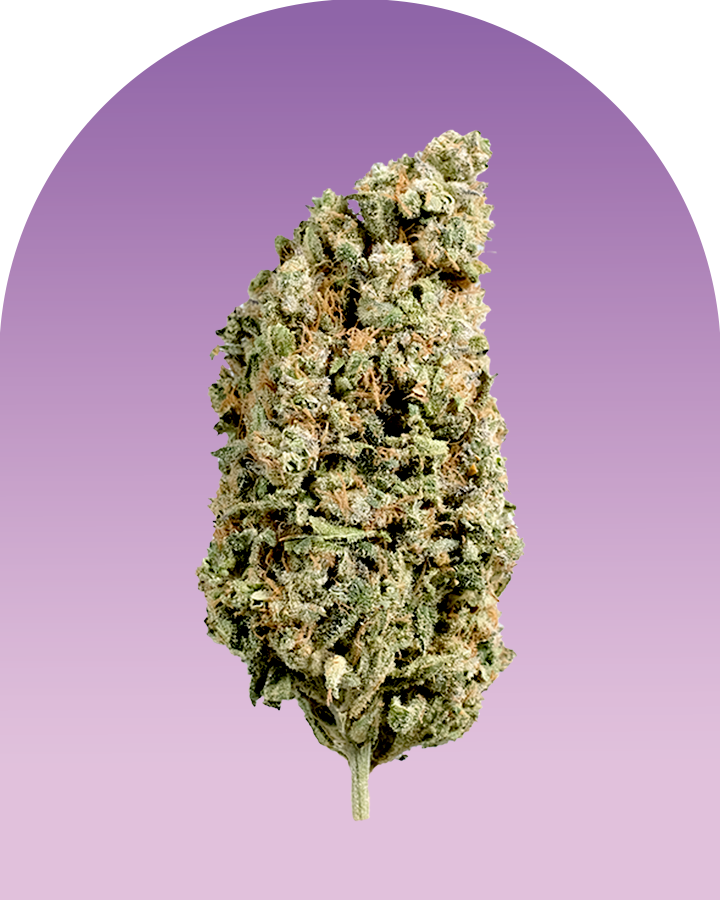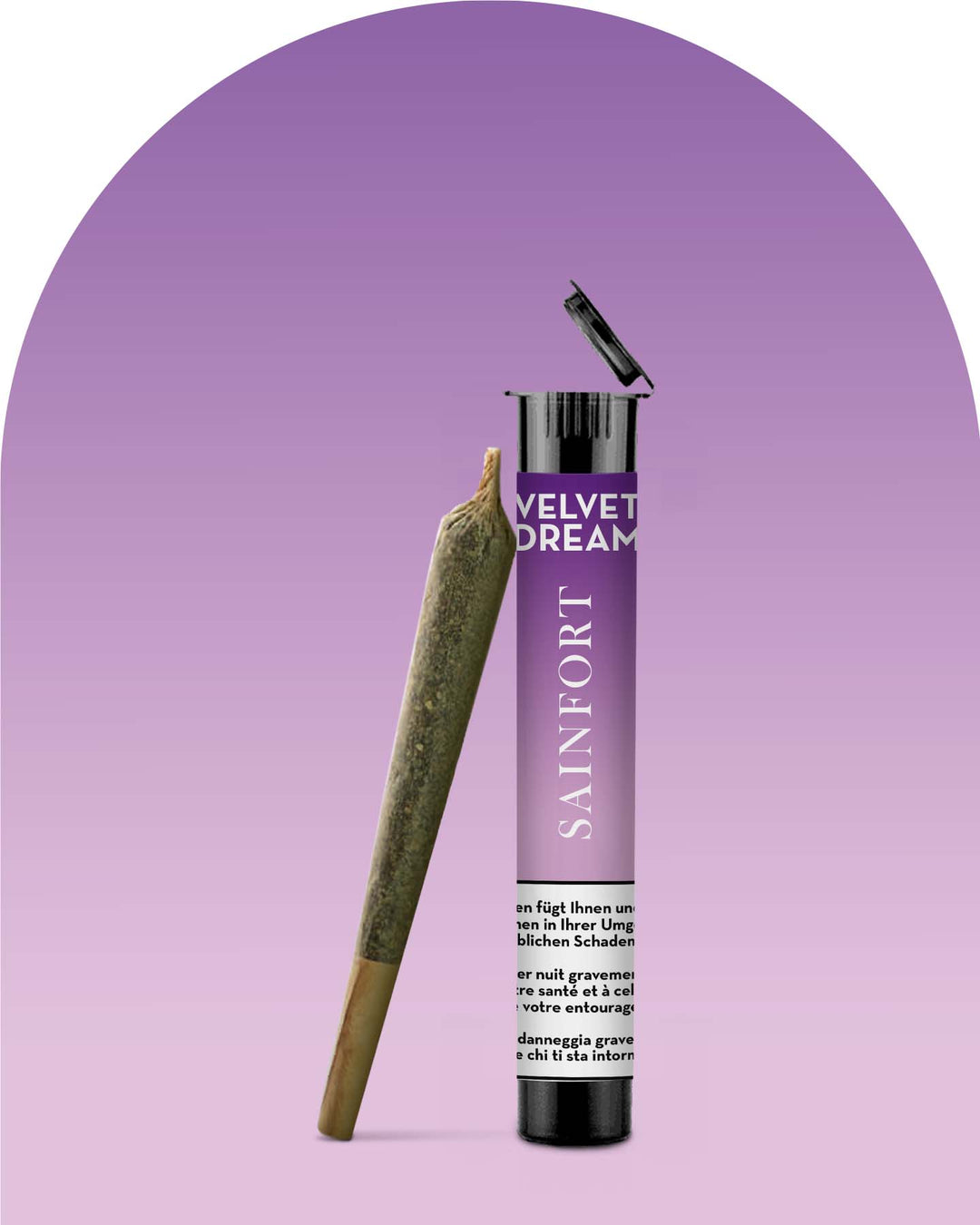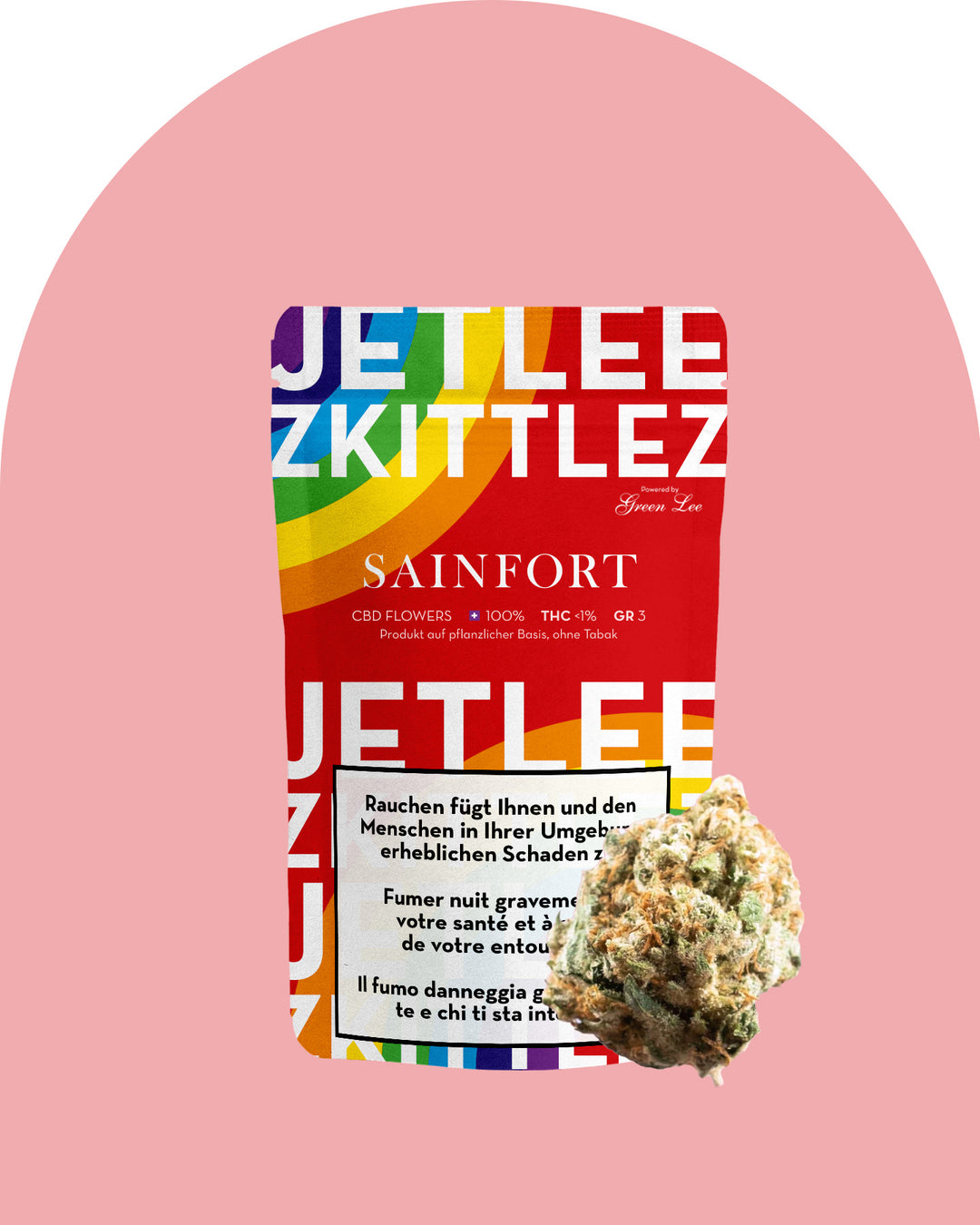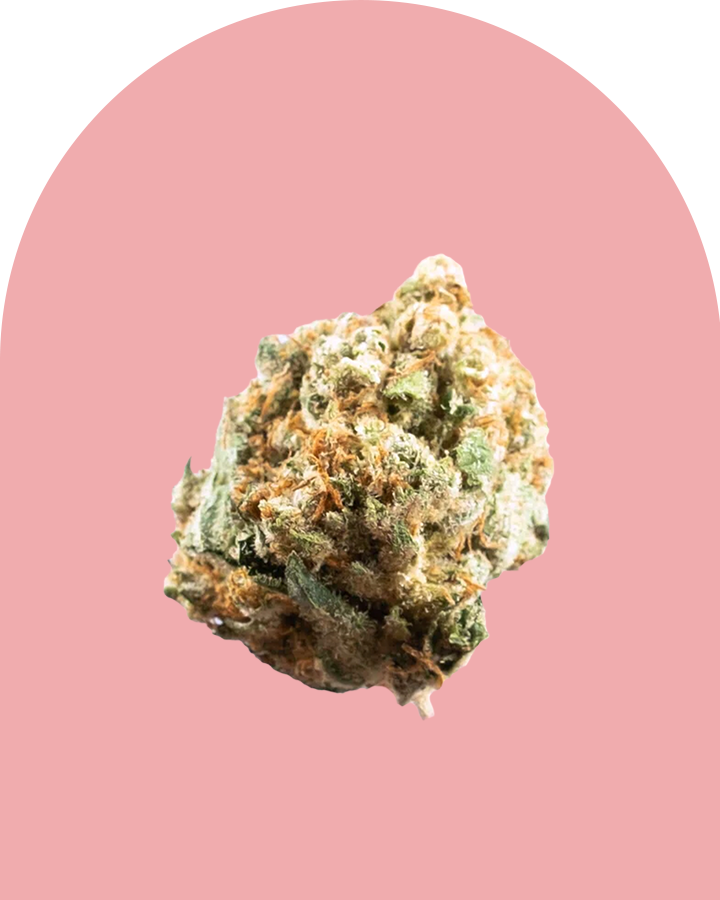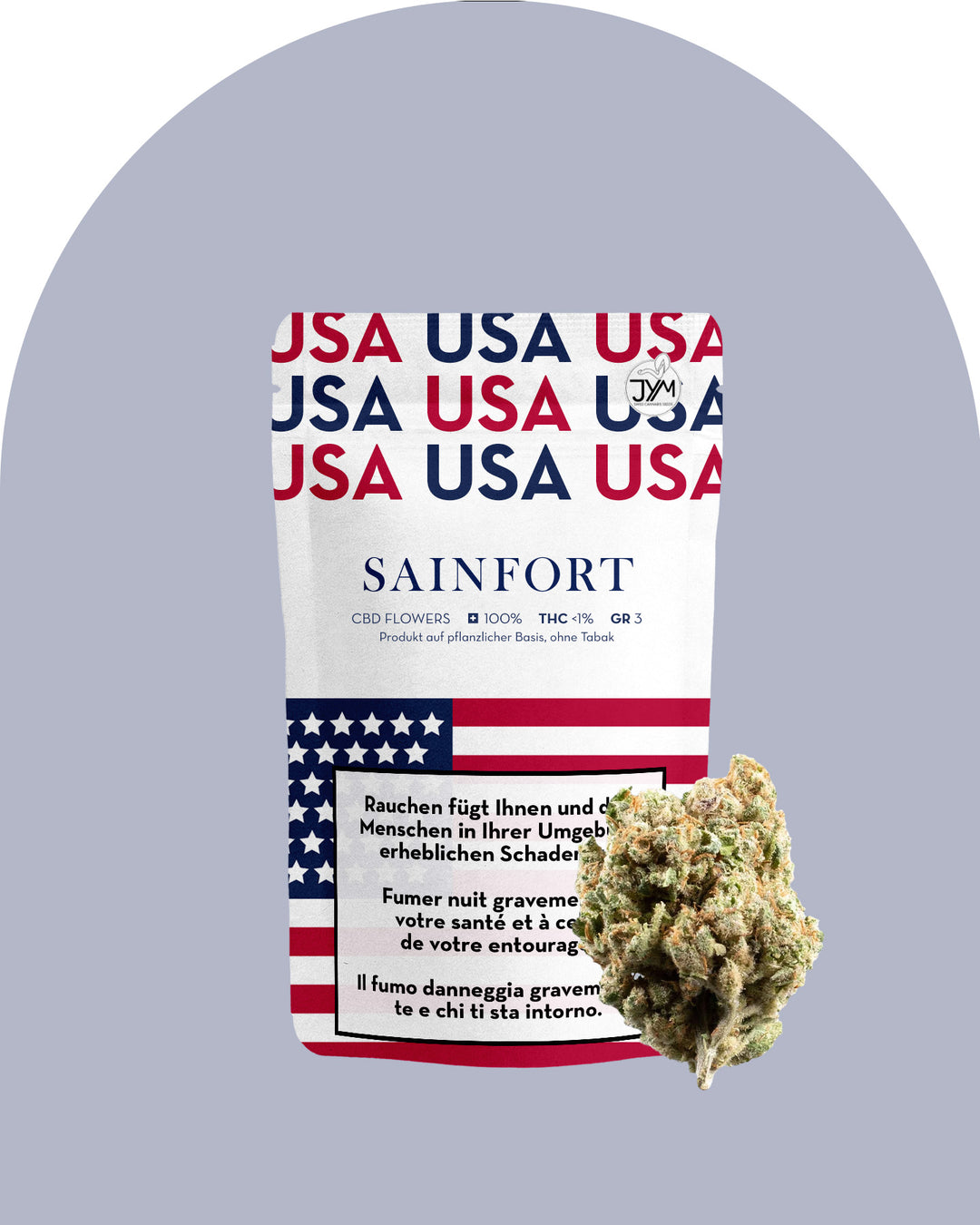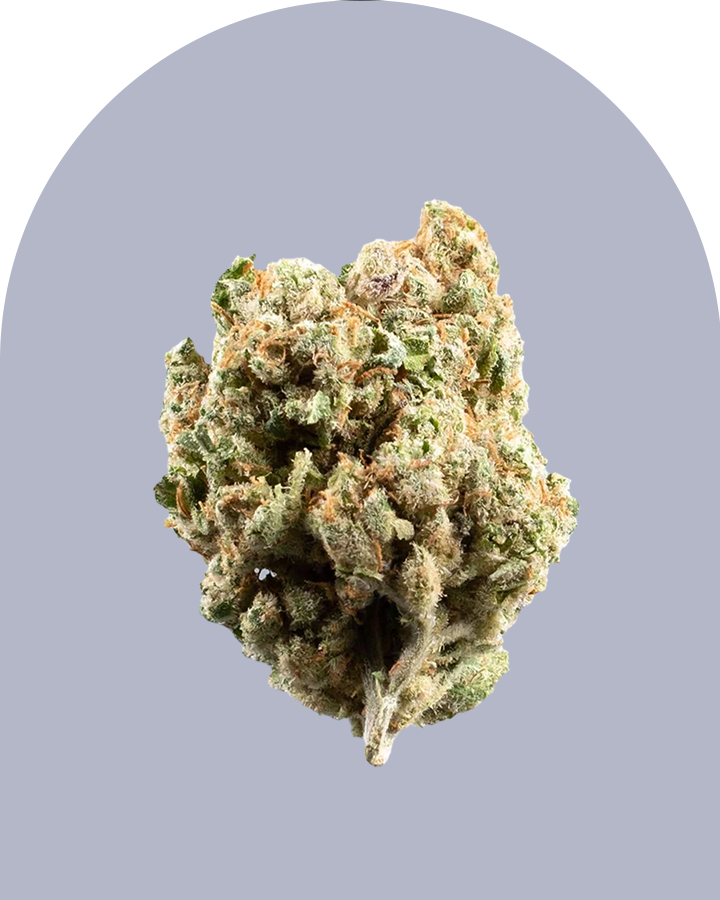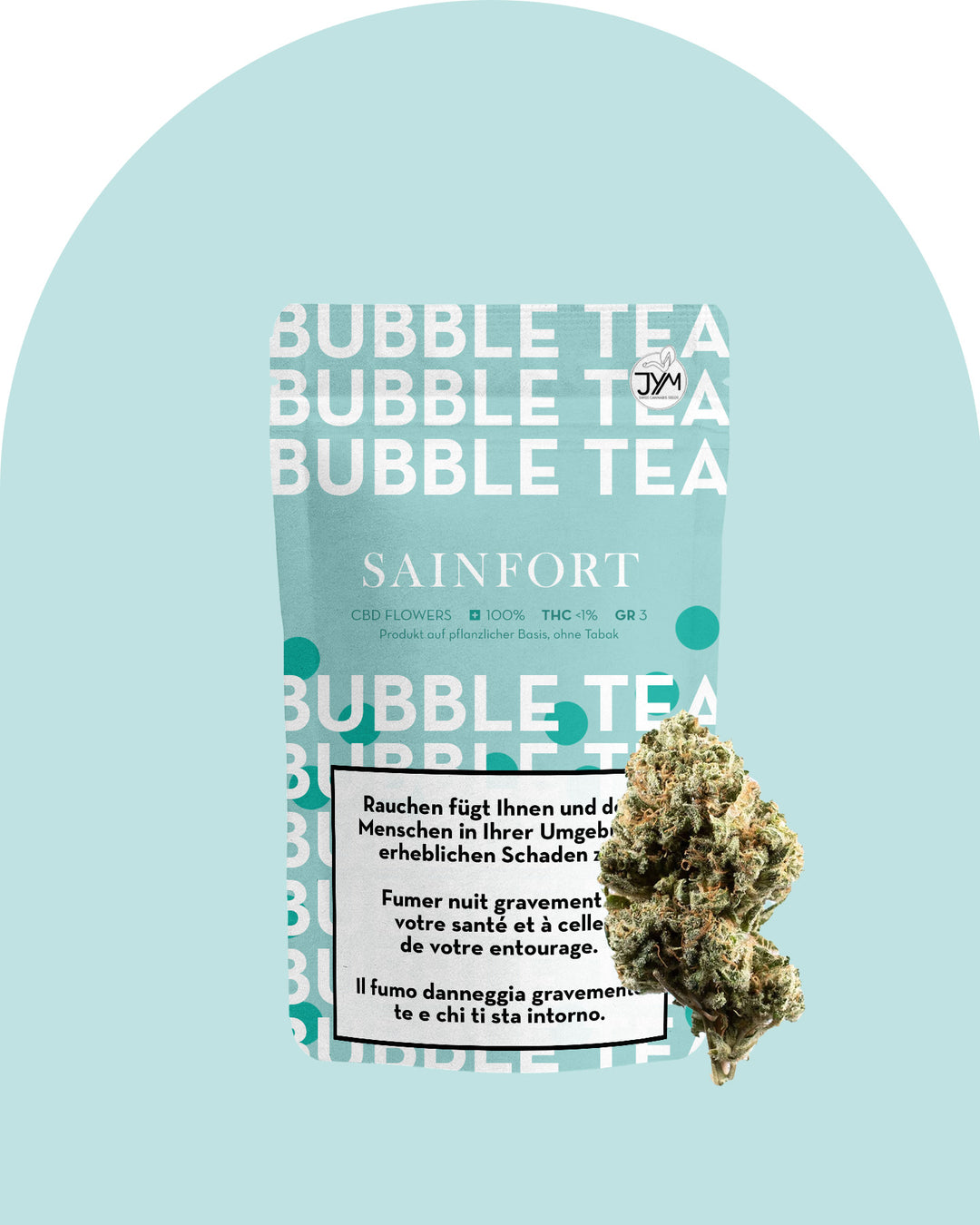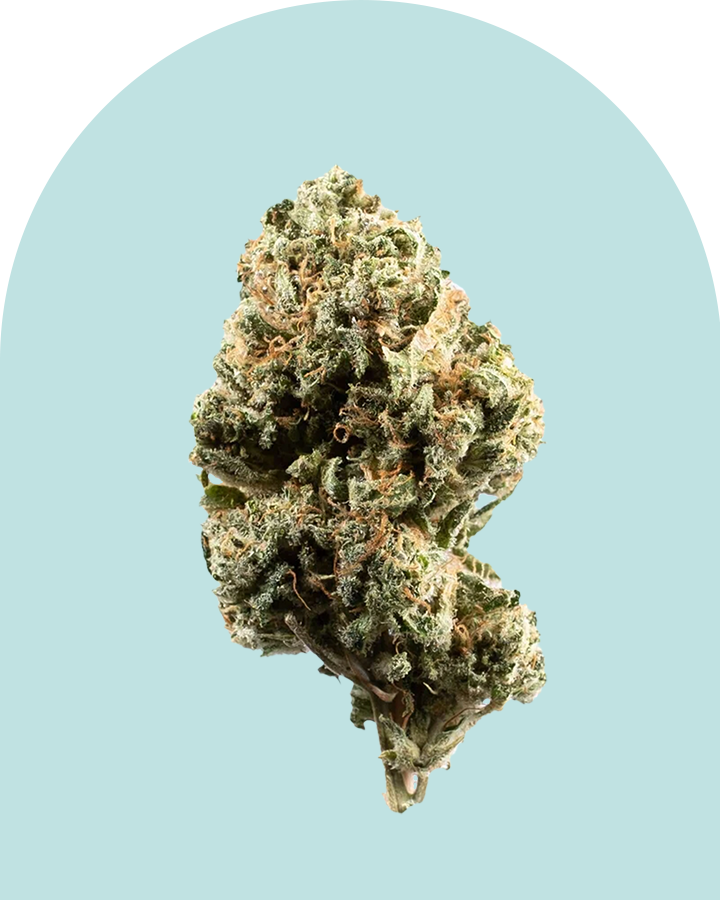CBD products when traveling: An overview of the legal situation abroad

CBD products are growing in popularity around the world as many people have discovered general wellness benefits. However, if you plan to take CBD products with you on your travels abroad, it is important to understand the applicable laws and regulations.
For example, many people ask:
-
Can I fly with CBD?
-
Is CBD legal worldwide?
-
Is CBD allowed in Italy?
-
Can you take CBD oil abroad?
-
Can you take CBD to Turkey?
-
Can you import CBD to Germany?
In Switzerland, the situation regarding CBD products is comparatively liberal. CBD derived from approved hemp strains and containing up to 1% THC is legal. This higher THC limit distinguishes Switzerland from many other countries. Products containing CBD such as oils, tinctures, flowers, cosmetics, and edibles are widely available and can be legally purchased and consumed. The sale and consumption of CBD-containing products is permitted in Switzerland as long as they do not exceed the THC limit of 1%. It should be noted that while possession and use of CBD products is legal in Switzerland, importing and exporting CBD flower and other CBD products with a higher THC content to other countries may be illegal.
In particular, THC limits can vary from country to country and impact which CBD products can be legally taken with you. In this blog post we give you an overview of the legal situation in some countries of the EU, Turkey and the USA.
The European Union (EU):
CBD in Germany:
CBD in France:
CBD in Italy:
In Italy, CBD products are legal as long as they do not exceed the 0.6% THC limit. The country has a relatively progressive stance on CBD and allows for the sale of products containing CBD, including edibles and dietary supplements. However, it is important to note that the use of CBD in cosmetics is not legal in Italy.
CBD in Spain:
In Spain, CBD products made from approved strains of hemp containing up to 0.2% THC are legal. The country has an active CBD industry and allows the sale and consumption of products containing CBD, including edibles, cosmetics and e-liquids.
CBD in Portugal:
In Portugal, CBD products are legal as long as they do not exceed the 0.2% THC limit. The country has a progressive stance on CBD and allows the sale and consumption of products containing CBD, including edibles and cosmetics. Portugal has also legalized the medical use of cannabis, which includes the use of CBD products for medicinal purposes.
CBD in Greece:
In Greece, CBD products are legal as long as they do not exceed the 0.2% THC limit. The country has legalized the cultivation of hemp for industrial and medicinal purposes, and allows the sale of CBD-containing products, including edibles, cosmetics, and dietary supplements. Greece has recognized the potential to grow in the CBD industry and is creating a favorable environment for businesses and consumers.
CBD in Sweden:
In Sweden, CBD products that are made from hemp and do not exceed a THC content of 0.2% are generally legal. However, Sweden is considered one of the strictest countries when it comes to dealing with drugs, and CBD is considered a controlled substance. Although the sale of CBD products is legal, there is a risk of being confiscated by the authorities. However, personal possession of CBD products is usually allowed as long as they stay within the legal THC limit.
CBD in Turkey:
In Turkey, the legal situation regarding CBD products is complex. While hemp is recognized as a crop, CBD products are subject to strict restrictions. CBD oil derived from hemp is usually legal as long as the THC content does not exceed 0.2%. However, it is important to note that the Turkish authorities have a very strict policy against illegal drugs, and conflicts can arise when CBD products are deemed suspicious by the authorities.
Situation in the US:
In the US, the legal landscape surrounding CBD products is more complex, as both the federal and state governments have their own laws. At the federal level, the Farm Bill was passed in 2018, legalizing the cultivation and use of hemp with a THC content of no more than 0.3%. However, some states have implemented stricter regulations, and in some cases CBD products are even banned altogether. Before you bring CBD products to the US, you should check the specific laws of the state you intend to visit.
California: California is one of the states where the consumption and sale of CBD products is widespread. There, CBD products with a THC content of up to 0.3% are legal. However, there are also CBD products derived from cannabis that have higher THC levels. These are only approved for medical use and require a prescription.
Bottom Line: When traveling with CBD products in the EU and US, it is important to understand the legal requirements and THC limits of each country or state. While CBD products with THC levels of up to 0.2% are legal in most EU countries, THC limits can be higher in some countries like Switzerland and Austria. In the US, the federal government has set a THC limit of 0.3%, but some states have enacted stricter regulations. To avoid legal problems, you should check the current regulations before your trip and make sure that you only take CBD products that are also allowed at the destination.
Note: This blog post is for informational purposes only and does not constitute legal advice. Please note that legal situations are subject to change and it is advisable to check the current laws and regulations in each country before travelling.




